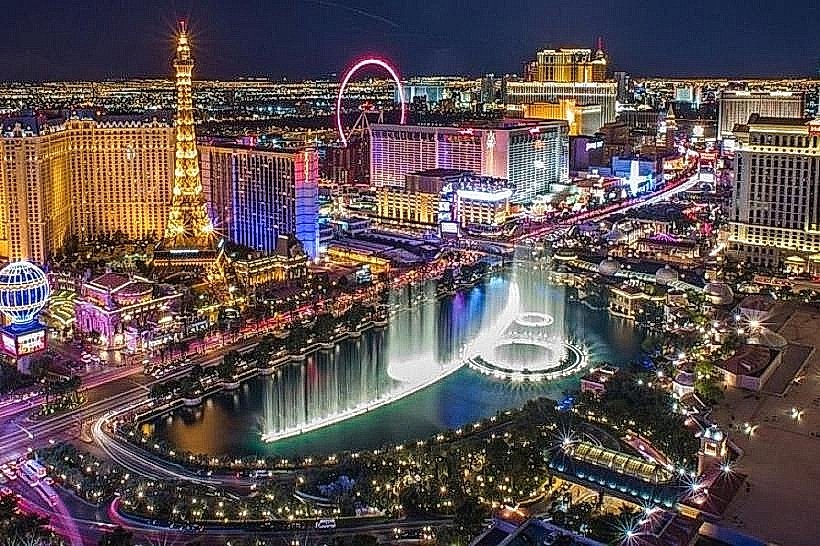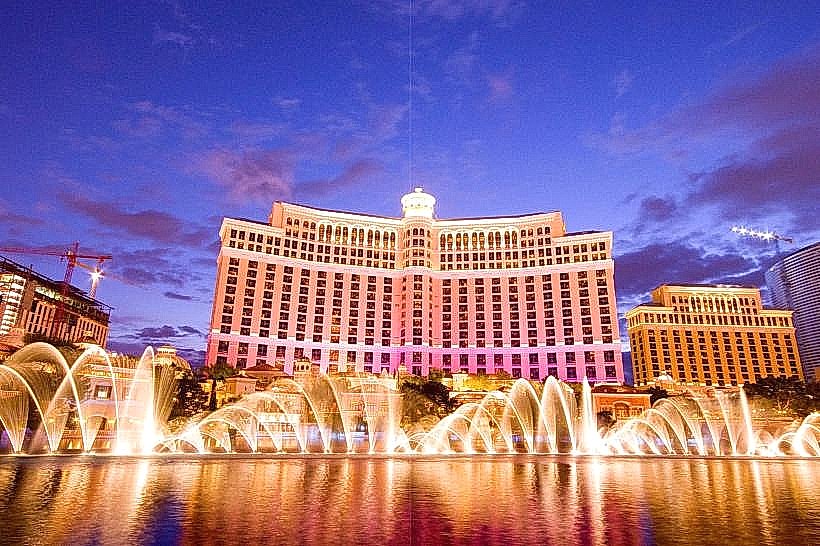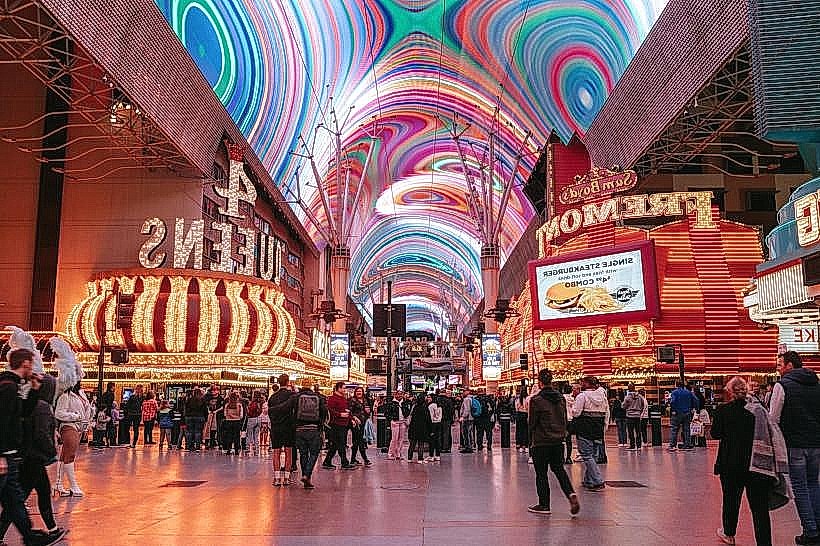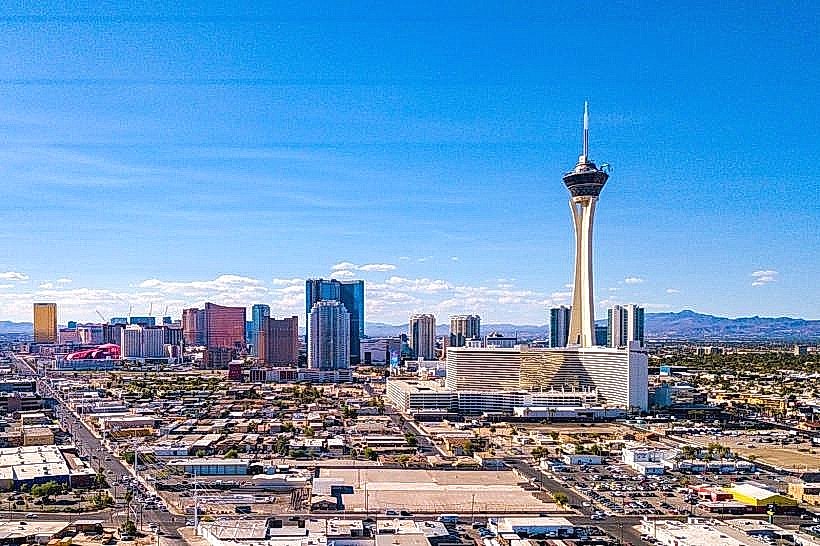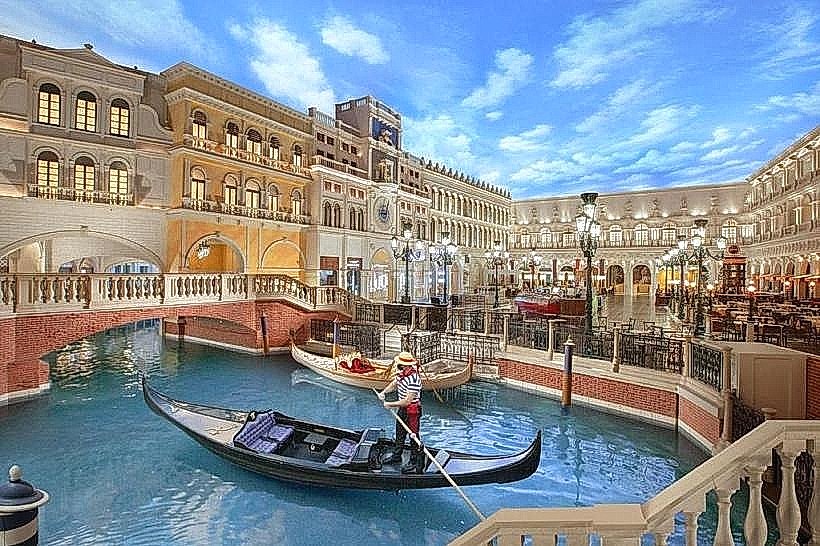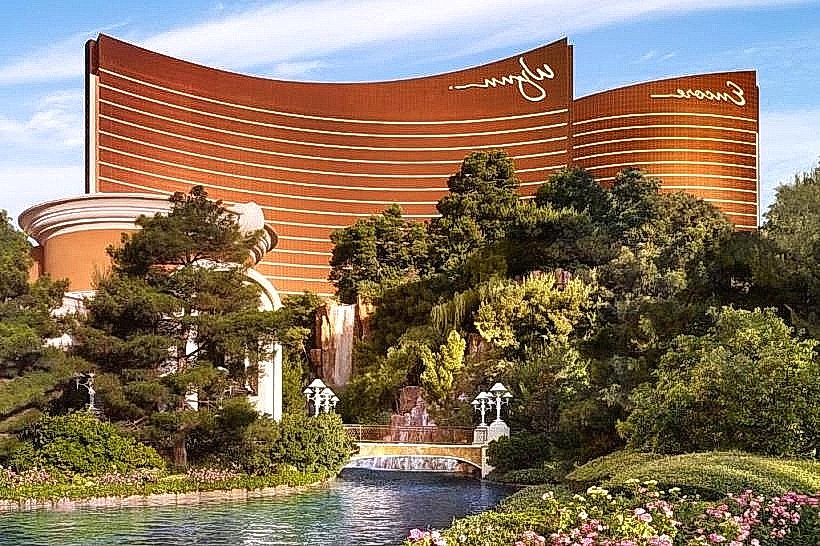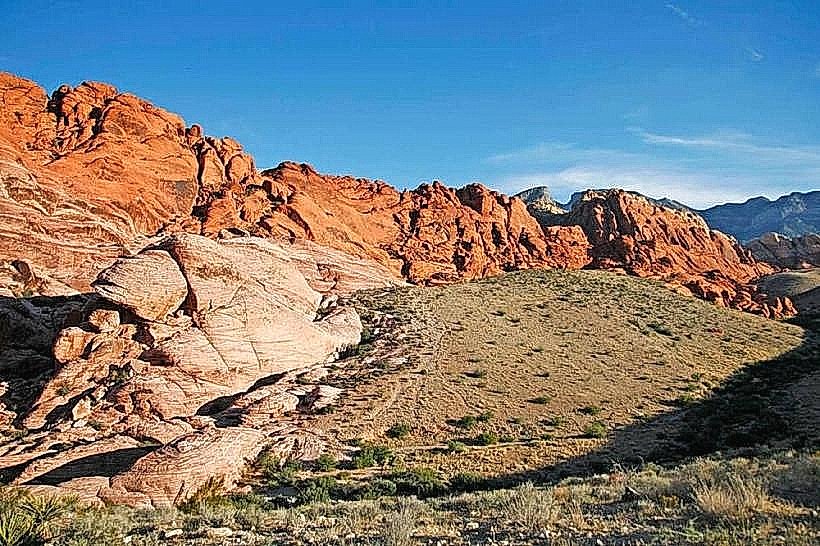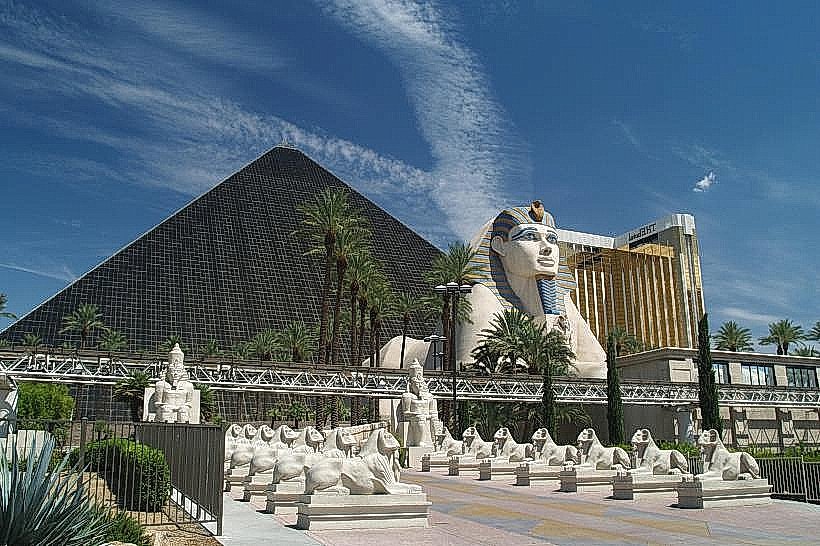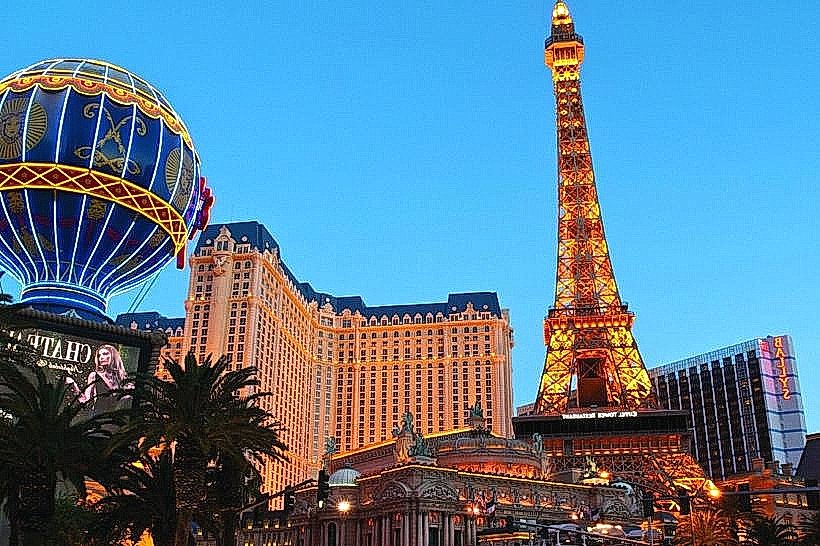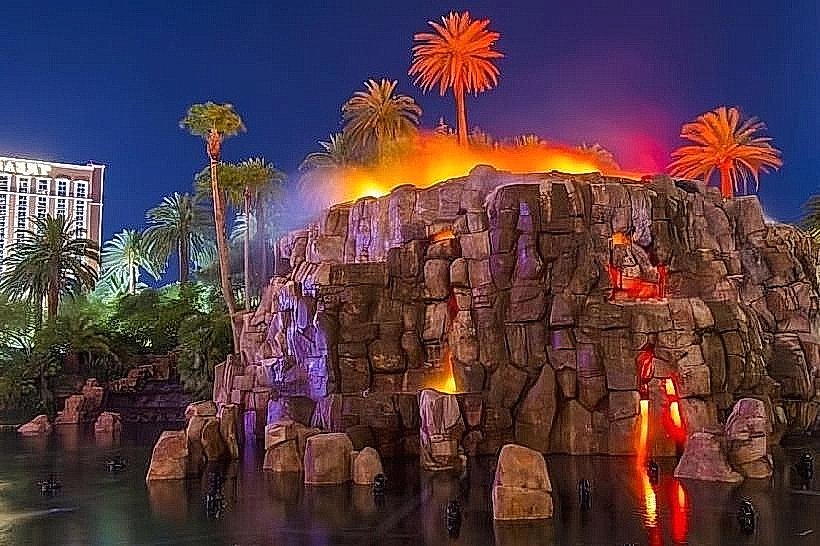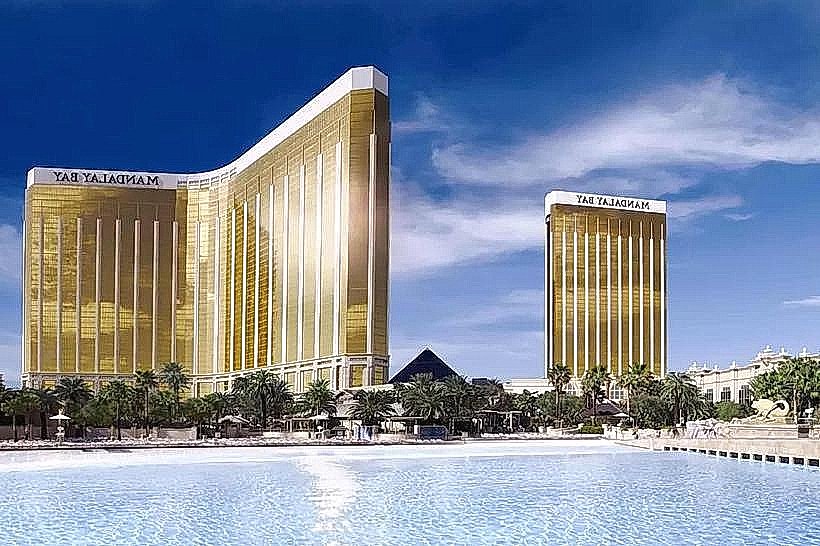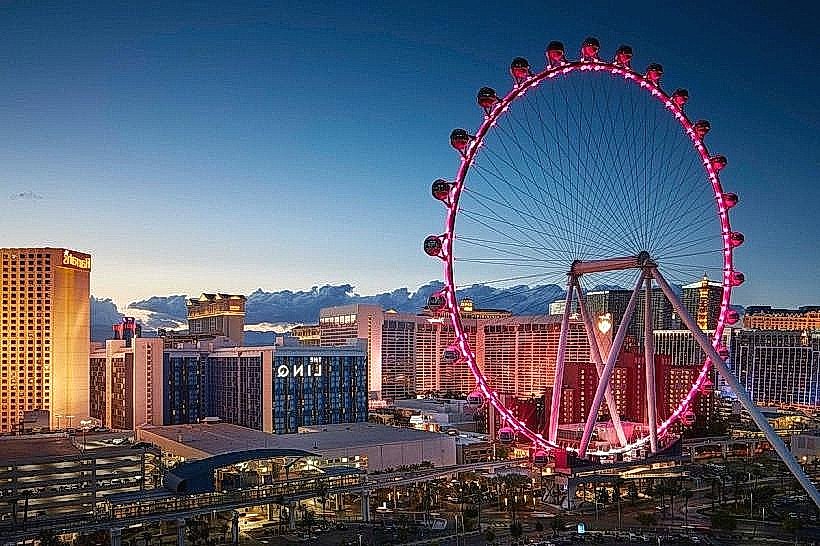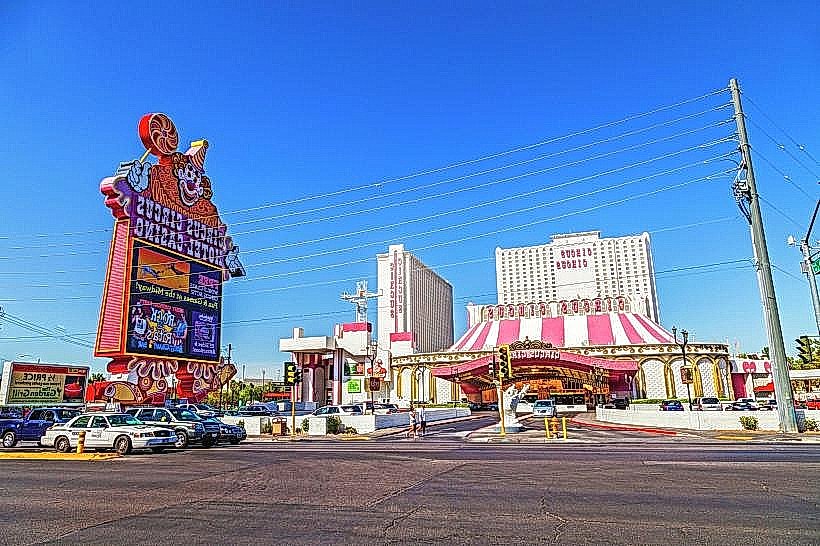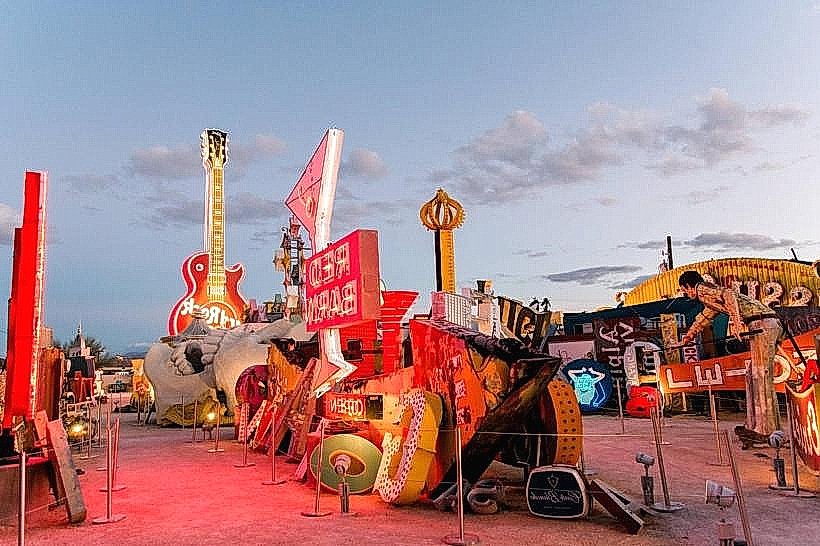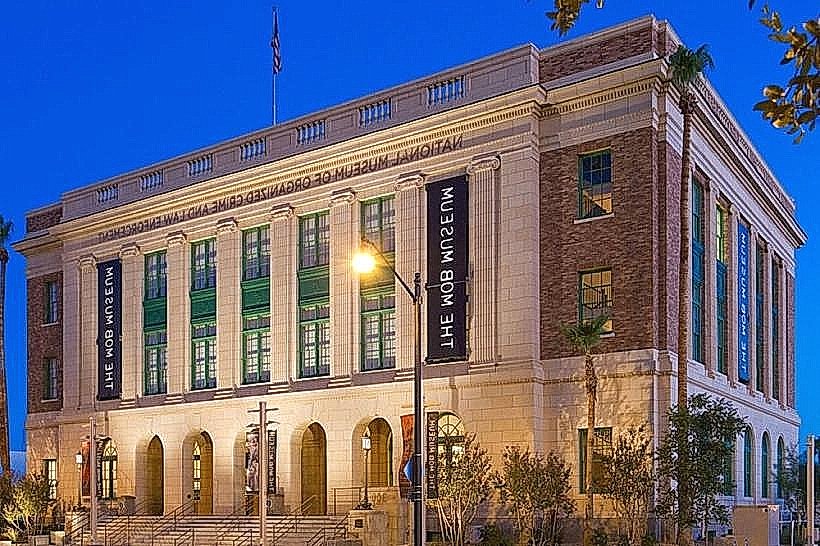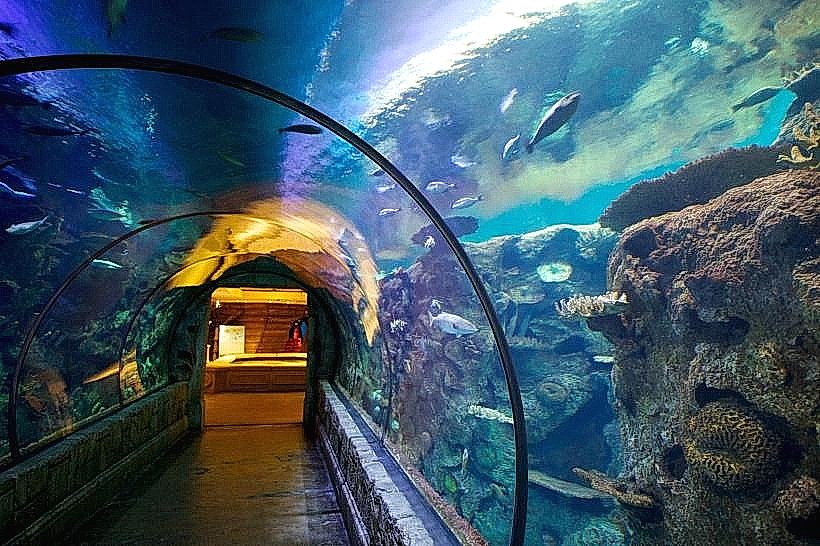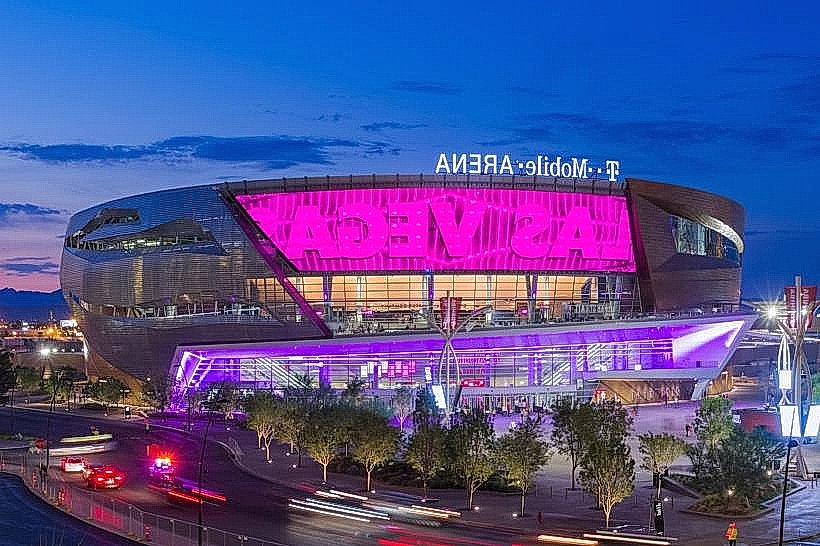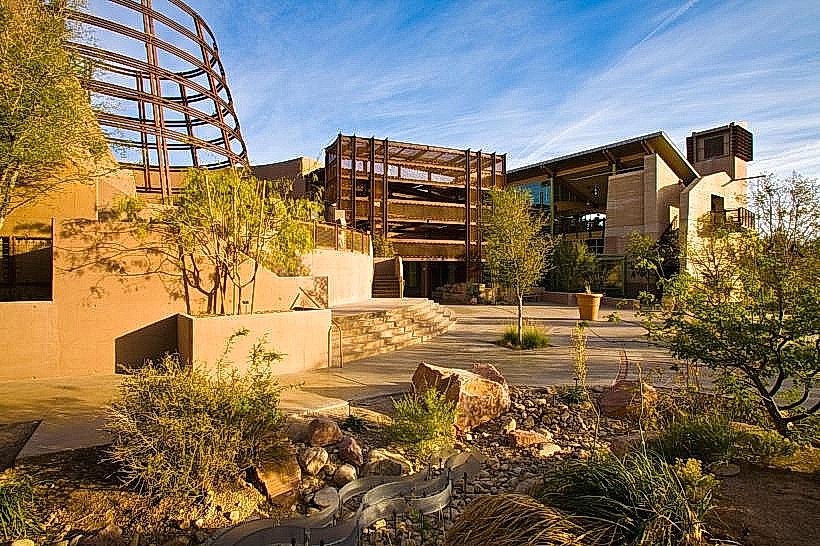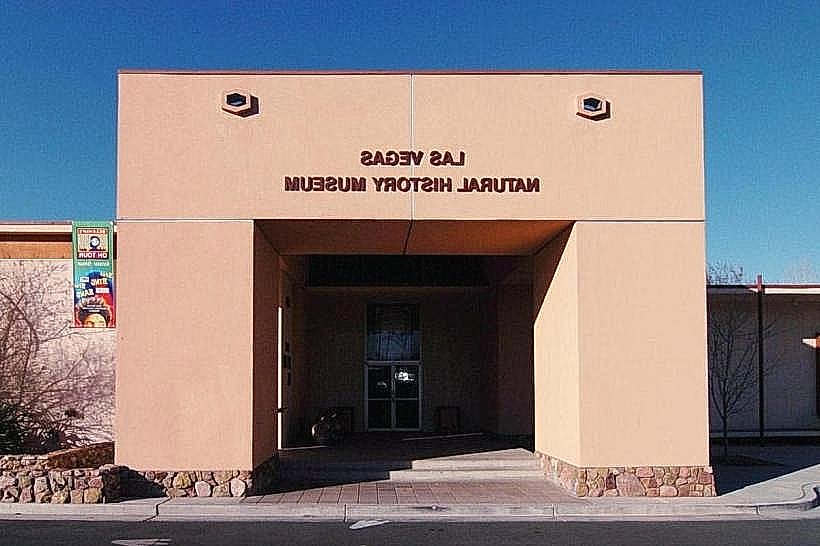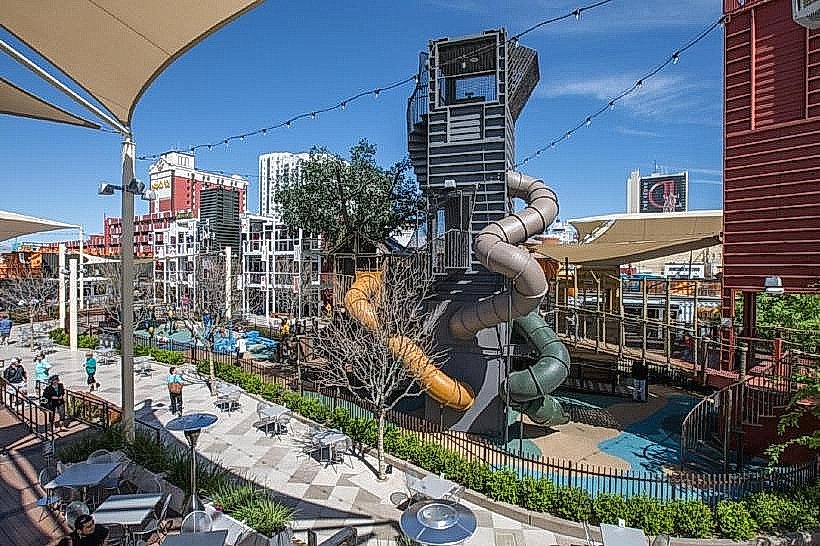Information
Landmark: Hoover DamCity: Las Vegas
Country: USA Nevada
Continent: North America
Hoover Dam, Las Vegas, USA Nevada, North America
Maxwell Mays Wildlife Refuge is a protected natural area located in Coventry, Rhode Island.
This refuge encompasses approximately 120 acres of diverse habitats, including woodlands, meadows, and wetlands.
Visual Characteristics
The refuge features mixed deciduous and coniferous woodlands with a dense understory in forested areas. Open meadows consist of grasses and wildflowers. Wetlands include freshwater marshes and small ponds with emergent vegetation. Trails are primarily unpaved dirt paths.
Location & Access Logistics
Maxwell Mays Wildlife Refuge is situated approximately 15 miles southwest of Providence, Rhode Island. Access is via Route 116 (Phenix Avenue) to Arnold Road. Turn onto Maple Street, which leads to the refuge entrance. Parking is available in a designated gravel lot at the trailhead. No public transport directly serves the refuge entrance.
Historical & Ecological Origin
The land was acquired and established as a wildlife refuge by the Audubon Society of Rhode Island in 1979. Its ecological origin is a post-glacial landscape with varied topography and soil types supporting a range of plant communities. The area has historically served as a habitat for native wildlife.
Key Highlights & Activities
Birdwatching is a primary activity, with designated observation blinds. Hiking is permitted on marked trails, including the Meadow Loop Trail (0.75 miles) and the Woodland Trail (1.2 miles). Nature photography is possible throughout the refuge. Educational programs are sometimes offered by the Audubon Society.
Infrastructure & Amenities
Restrooms are available at the main parking area. Limited shade is provided by trees along some trails. Cell phone signal is intermittent within the refuge. No food vendors are present within the refuge; nearest services are located in Coventry village.
Best Time to Visit
For birdwatching, early morning (dawn to 9 AM) and late afternoon (4 PM to dusk) offer the highest activity. Spring (April-May) is optimal for wildflower viewing and migratory bird arrivals. Summer (June-August) provides lush vegetation. Autumn (September-October) offers fall foliage.
Facts & Legends
The refuge is a critical stopover point for migratory birds along the Atlantic Flyway. A specific observation blind is positioned near a vernal pool, which is a temporary body of water crucial for amphibian breeding cycles.
Nearby Landmarks
- Coventry Public Library - 3.5km Northeast
- Flat River Reservoir - 4.2km Southeast
- Scituate Reservoir - 4.8km Northwest
- Diamond Hill State Park - 4.9km North

